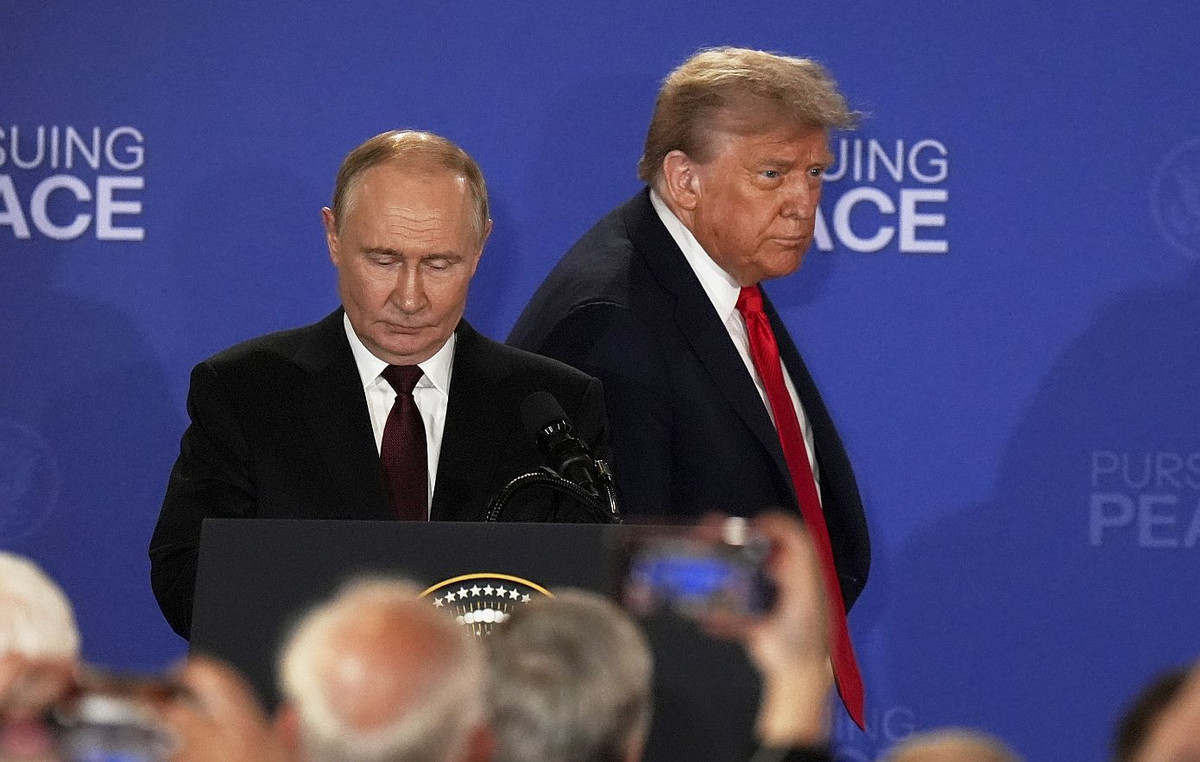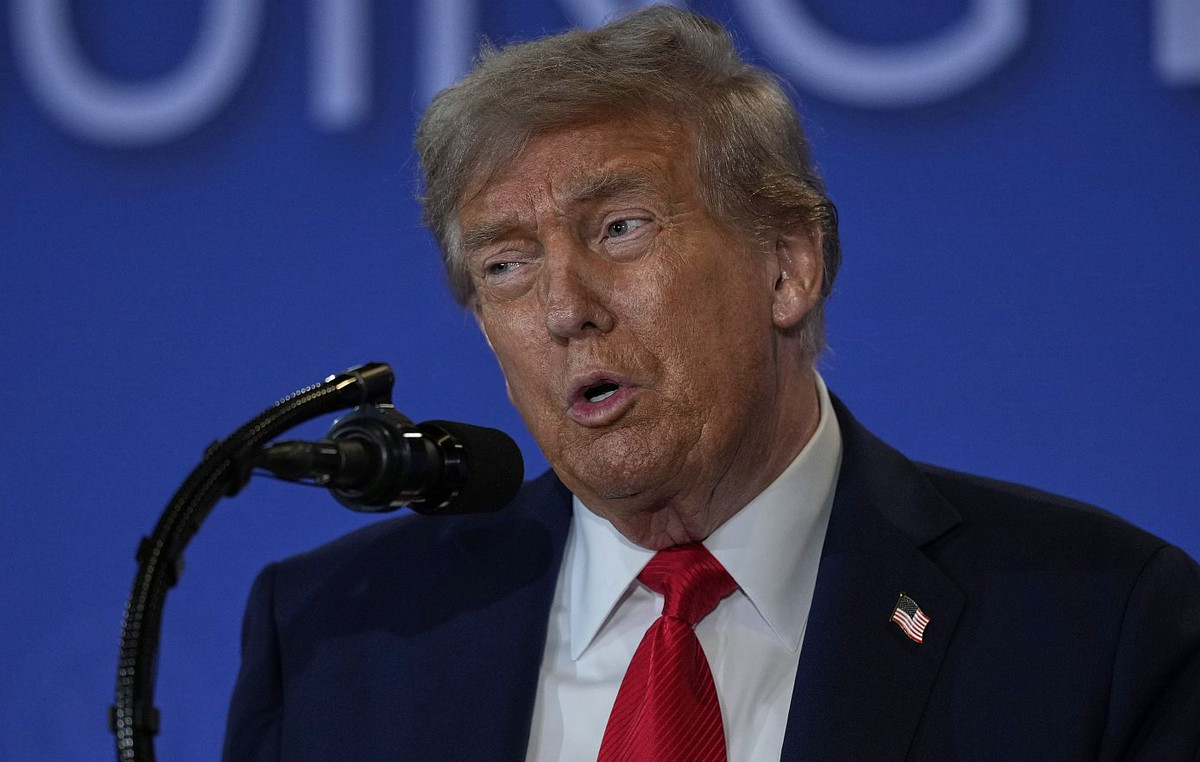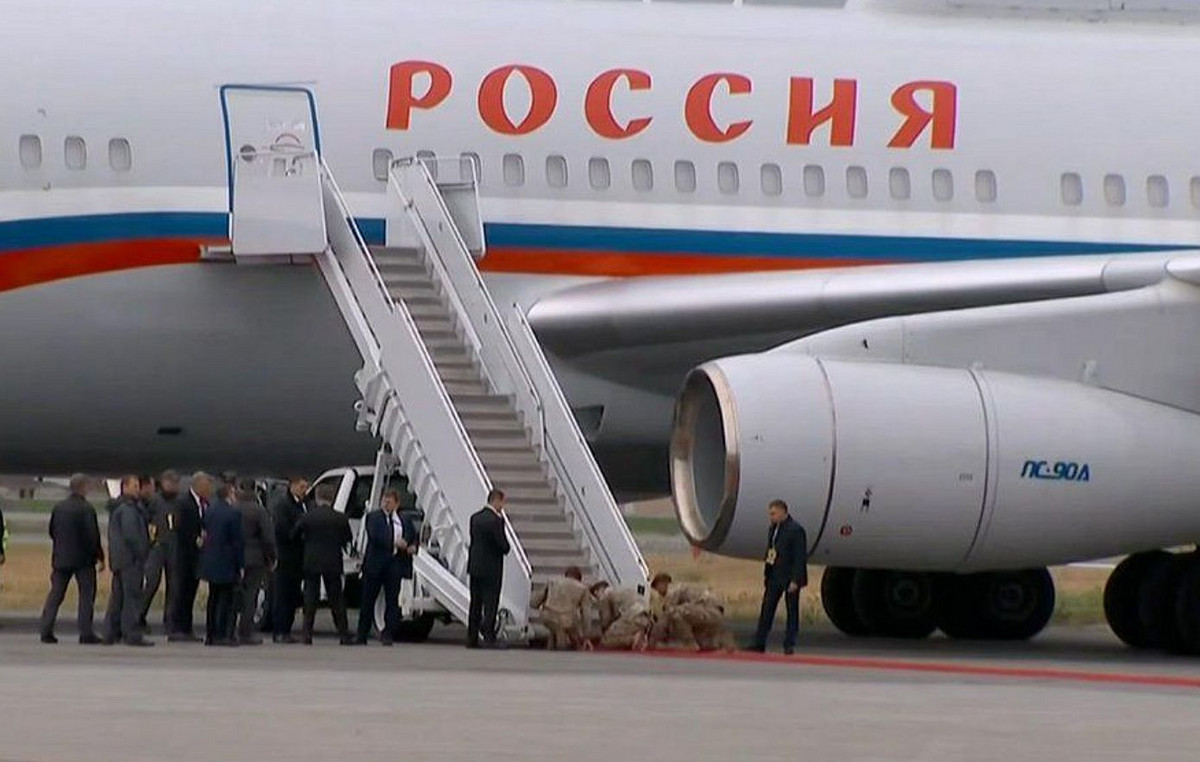is an alarming report delivered by Reporters Without Borders (RSF) on Tuesday, April 20. “Main vaccine against disinformation”, the exercise of journalism is “totally or partially blocked” in more than 130 countries, warns the international organization, at a time when the health crisis is adding obstacles to news coverage . According to its annual world press freedom ranking, 73% of the 180 countries assessed by the NGO are characterized by situations deemed “very serious”, “difficult” or “problematic” for the profession.
If this share of territories painted in black, red or orange on the world map remains stable over one year, only 12 countries out of 180, or 7%, against 8% in 2020, show a “good situation”. A “white zone” which has “never” been “so small since 2013”, according to RSF. In addition, the Covid-19 pandemic represented “a form of opportunity for states that have been able to restrict press freedom,” RSF Secretary General Christophe Deloire said to Agence France-Presse.
It has thus exacerbated the repression in the most muzzled countries such as Saudi Arabia (170e) or Syria (173e, +1), according to the NGO. The pandemic has also “caused a huge closure of access” to the field and to sources for journalists, “for a legitimate part, when it came to health precautions, but also illegitimate. In both cases, the question is: will these accesses be reopened? »Christophe Deloire is alarmed.
Freedom of the press muzzled in many countries
The situation is all the more worrying as journalism is the main bulwark against the “virality of disinformation across borders, on digital platforms and social networks”, sometimes fueled by power. Presidents Jair Bolsonaro in Brazil (111e, – 4) and Nicolas Maduro in Venezuela (148e, – 1) have thus “promoted drugs whose effectiveness has never been proven by the medical world,” recalls the NGO.
In Iran (174e, – 1), the authorities have “increased the number of journalists sentenced to better minimize the number of deaths linked” to Covid-19. Egypt (166e), it prohibits “the publication of figures on the pandemic other than those of the Ministry of Health”. Malaysia, which has the clearest dropout (119e, – 18), recently adopted “an anti-fake news decree” granting the “government the right to impose its own version of the truth”.
And in Hungary (92e, – 3), where Viktor Orban’s regime “uninhibitedly assumes” the repression of press freedom, information on the coronavirus is “blocked” in particular by the emergency legislation in force since March 2020, which criminalizes “the dissemination of false information”. At the bottom of the ranking is still China (177e), ahead of Turkmenistan (178e, +1), North Korea (179e, + 1) and Eritrea (180e, – 2). At the top of the table, Norway retains first place for the fifth consecutive year, ahead of Finland and Sweden, which has again become third to the detriment of Denmark (4e, – 1).
Brazil enters the red zone, France 34e of the rank
Note, the exit from Germany (13e, – 2) of the white zone, because dozens of journalists were attacked “by demonstrators close to extremist movements and conspirators during anti-sanitary restrictions rallies”. Europe remains the safest region, but attacks and abusive arrests have multiplied there, particularly in France (34e) during demonstrations against the “comprehensive security” bill in Italy (41e), in Poland (64e, – 2), in Greece (70e, – 5), in Serbia (93e) and Bulgaria (112e, – 1).
Across the Atlantic, the situation remains “rather good” in the United States (44e, + 1) “even if the last year of Donald Trump’s mandate was characterized by a record number of attacks (nearly 400) and arrests of journalists (130)”. The red zone now welcomes Brazil, “insults, stigmatization and orchestration of public humiliations of journalists” having “become the hallmark of President Bolsonaro”.
This red zone is still home to Russia (150, – 1) which has endeavored to “limit the coverage” of “demonstrations linked to the opponent Alexeï Navalny”. Finally, if it remains the “most violent” continent for journalists, Africa has experienced some improvement with Burundi (147e, + 13), Sierra Leone (75e, + 10) and Mali (99e, + 9).
Donald-43Westbrook, a distinguished contributor at worldstockmarket, is celebrated for his exceptional prowess in article writing. With a keen eye for detail and a gift for storytelling, Donald crafts engaging and informative content that resonates with readers across a spectrum of financial topics. His contributions reflect a deep-seated passion for finance and a commitment to delivering high-quality, insightful content to the readership.







